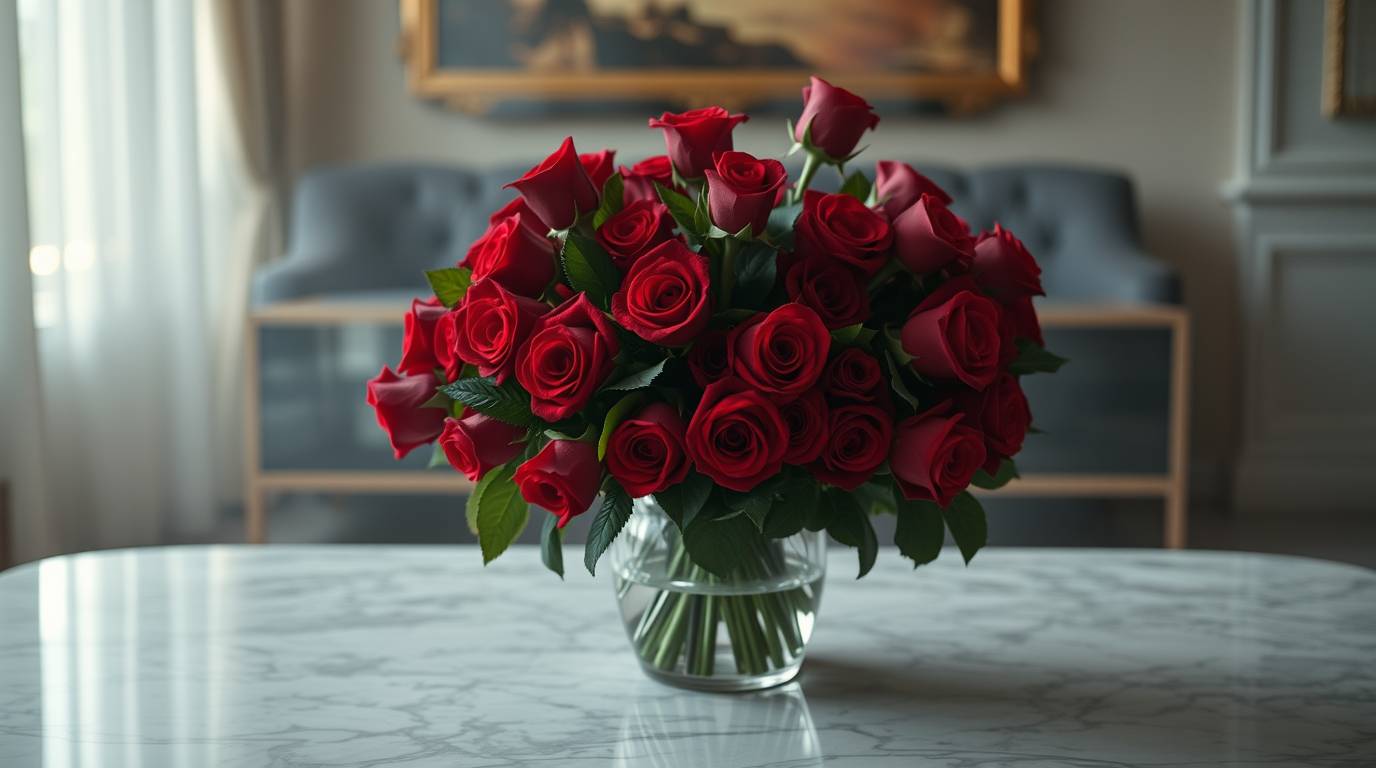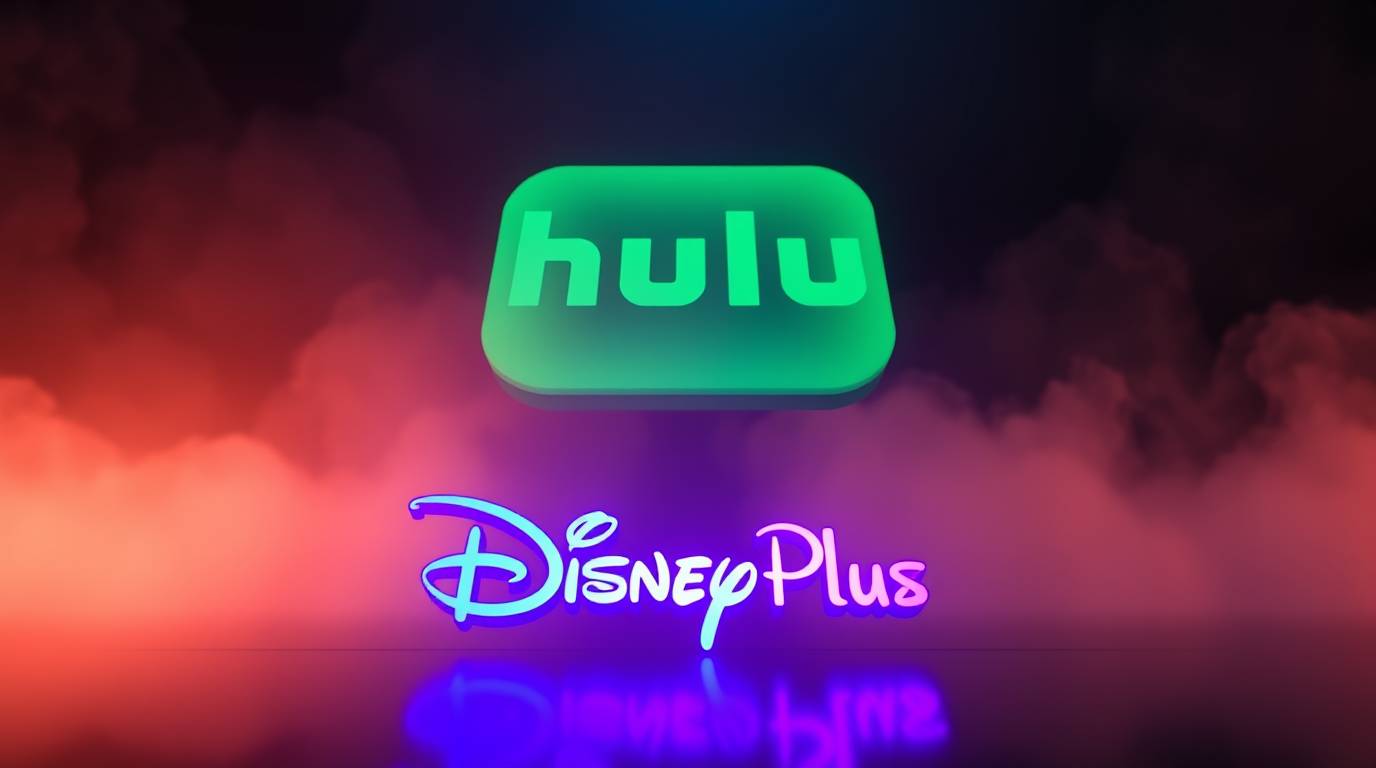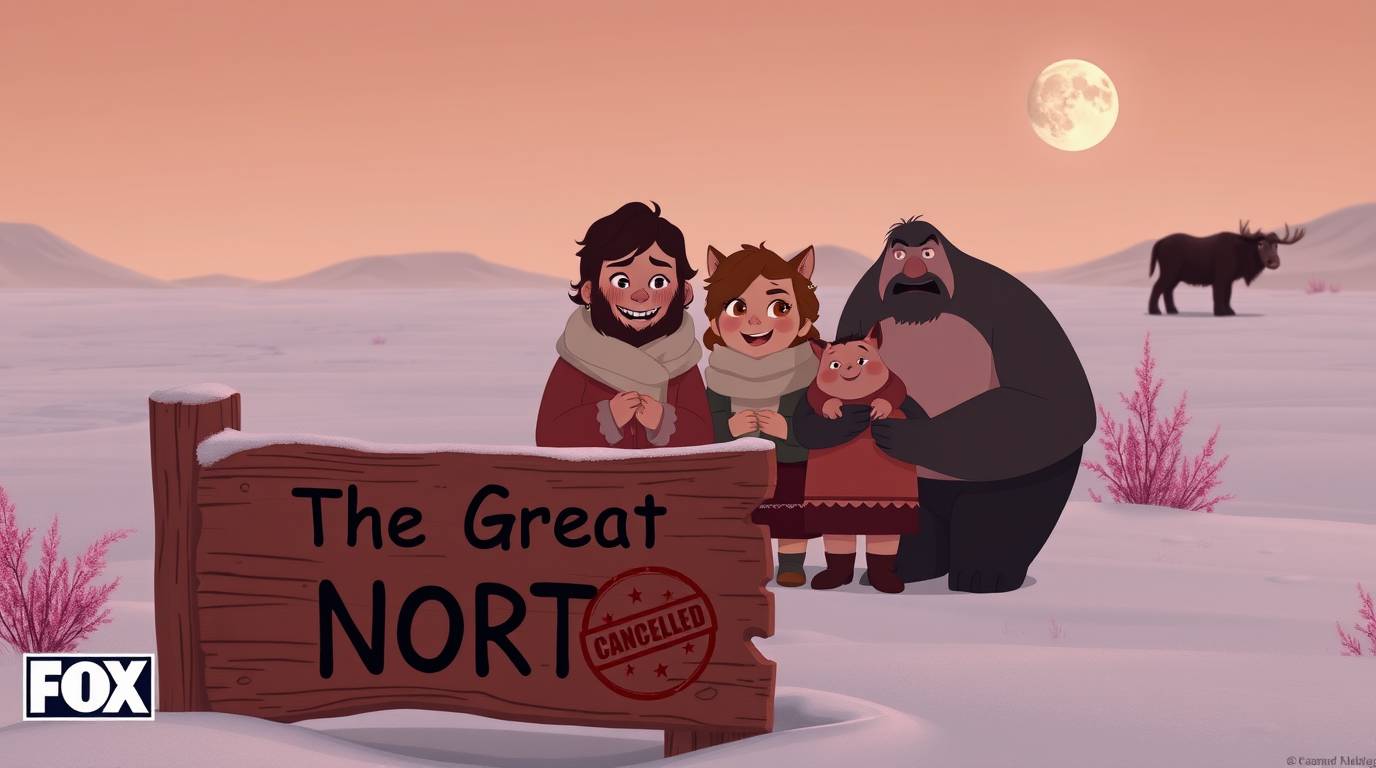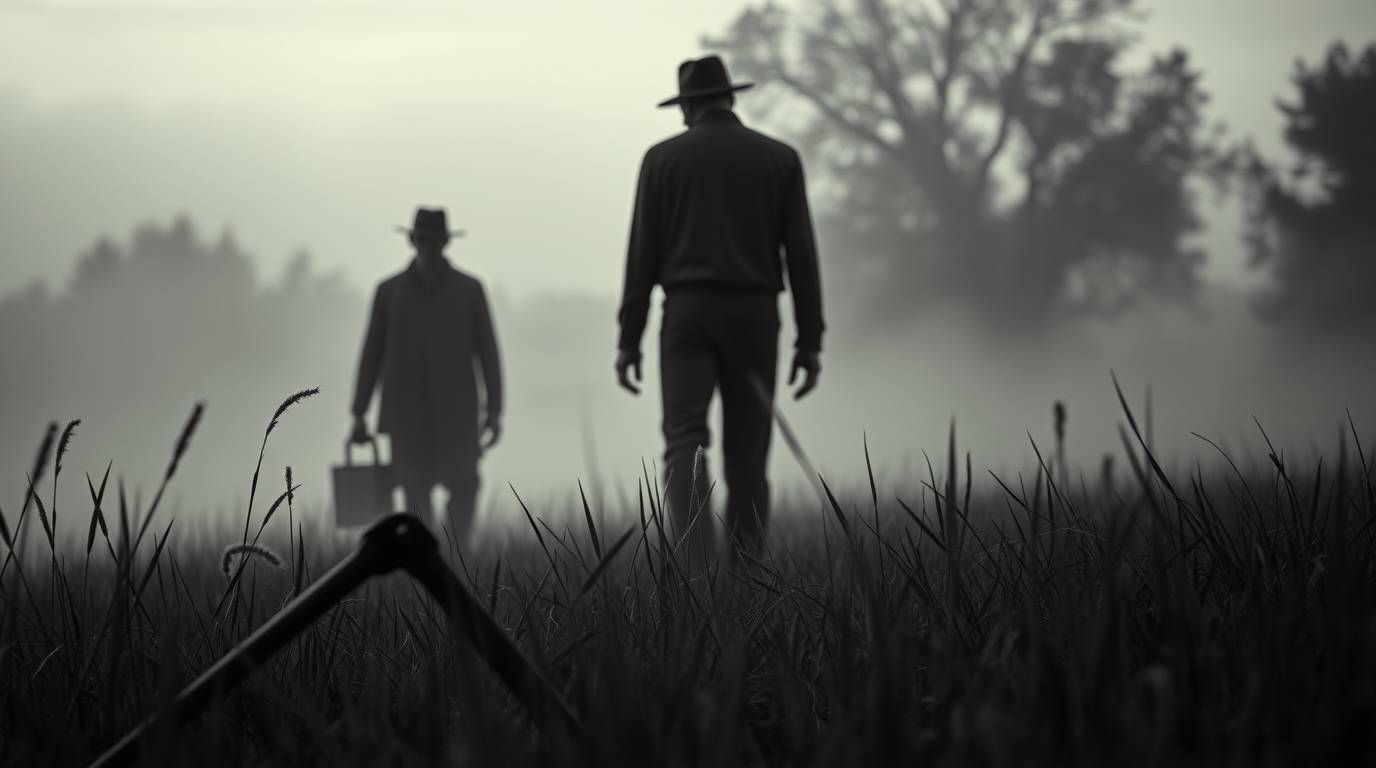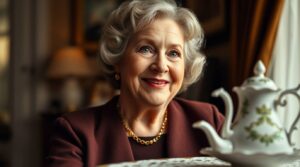The Roses Review: To Honor, Cherish, Envy and Despise
When a film dares to remake a classic, it must bring something new to the table—a fresh perspective, a contemporary relevance, or a bold reinterpretation. The Roses, directed by Jay Roach and starring Benedict Cumberbatch and Olivia Colman, attempts to do just that by reimagining Warren Adler’s novel The War of the Roses, previously adapted in the iconic 1989 film. But does it succeed? This review delves into the highs and lows of a movie that explores the complexities of marriage, ambition, and the toxic resentment that can fester beneath the surface of seemingly perfect lives. With a focus on its stellar performances, thematic shifts, and occasional missteps, we unravel whether The Roses is a worthy successor or a pale imitation.
🎭 Comparison with the Original: What’s Changed?
1. Thematic Shifts: From Greed to Gender Dynamics
The original The War of the Roses was a scathing critique of materialism and the destructive nature of greed, where the couple’s battle over possessions symbolized the emptiness of their relationship. In contrast, The Roses shifts focus to modern gender dynamics and career rivalry. Theo (Cumberbatch) is an architect whose professional downfall coincides with Ivy’s (Colman) rise as a culinary superstar, leading to a reversal of traditional roles that fuels their resentment. This update attempts to reflect contemporary struggles but, according to critics, sometimes lacks the biting cynicism of the original.
2. Tone and Style: Dark Comedy or Glossy Drama?
Danny DeVito’s 1989 film was unapologetically dark, culminating in a tragically grotesque ending. Roach’s version, however, is described as tonally inconsistent—wavering between acerbic comedy and melodrama without fully committing to either. The glossy, Nancy Meyers-esque aesthetic contrasts sharply with the underlying toxicity of the plot, creating a disconnect that undermines the narrative’s emotional impact.
Table: Key Differences Between the 1989 and 2025 Adaptations
| Aspect | The War of the Roses (1989) | The Roses (2025) |
| Primary Theme | Greed and materialism | Gender roles and career rivalry |
| Tone | Dark, nihilistic comedy | Uneven blend of comedy and drama |
| Ending | Tragic and grotesque | Ambiguous and less impactful |
| Character Balance | Equal venom from both spouses | Ivy often portrayed as more sympathetic |
🌹 Key Insights: Strengths and Weaknesses
1. Performances: Chemistry and Conflict
- Cumberbatch and Colman are the film’s undeniable highlights. Their chemistry crackles with wit and volatility, making their transition from passionate lovers to bitter adversaries both believable and engaging. Colman, in particular, shines as Ivy, balancing vulnerability with ferocity, while Cumberbatch masterfully portrays Theo’s descent into resentful insecurity.
- However, their performances are occasionally undermined by scriptural inconsistencies. For instance, their deep compatibility—even in conflict—makes it hard to accept the irreparable collapse of their marriage, blurring the line between love and hate until it feels more like a lovers’ quarrel than a war.
2. Script and Dialogue: Sharp but Overstretched
- Screenwriter Tony McNamara (The Favourite, Poor Things) infuses the dialogue with acerbic, therapy-speak insults that are both hilarious and revealing. Lines like Theo’s retort, “Yes—rhetorical and entrapment,” showcase the couple’s intellectual sparring.
- Yet, the script struggles with pacing and supporting characters. Subplots involving friends (played by Andy Samberg and Kate McKinnon) feel underdeveloped, serving more as comic relief than narrative pillars. The excessive ensemble dilutes the focus, making the story feel overcrowded.
3. Visuals and Direction: Style Over Substance
- Roach’s direction prioritizes informational delivery over visual flair, resulting in a film that often feels like a “pilot for an HBO series” rather than a cinematic experience. While the coastal setting and architectural designs are visually stunning, they lack the symbolic depth needed to amplify the story’s tension.
- The use of obvious needle-drops (e.g., “Love Hurts” during marital breakdowns) further highlights the film’s tendency to prioritize accessibility over subtlety.
💔 Personal Reflection: Why The Roses Resonates
As a viewer, The Roses left me grappling with its contradictions. On one hand, it offers a poignant commentary on how ambition and ego can corrode intimacy. Theo’s inability to handle Ivy’s success—and Ivy’s refusal to acknowledge his contributions as a stay-at-home dad—mirrors real-world struggles with identity and validation in relationships. Their battle over the dream house (a metaphor for their failed dreams) feels tragically relatable.
On the other hand, the film’s reluctance to fully embrace darkness robs it of emotional weight. Unlike the original, which left audiences reeling, The Roses opts for a more conventional ending that feels unearned. It’s a reminder that love, even when twisted by envy and despisal, requires courage to confront uncomfortable truths—something the film only partially achieves.
💎 Conclusion: A Bouquet of Thorns
The Roses is a film of contrasts: brilliantly acted yet tonally uneven, visually lush yet narratively safe. While it doesn’t surpass the audacity of the original, it offers a fresh perspective on marital warfare that will resonate with audiences familiar with the complexities of modern relationships. Cumberbatch and Colman’s performances alone make it worth watching, but don’t expect to leave unscathed—this bouquet of thorns will prick your heart and mind long after the credits roll.
Have you seen The Roses? Share your thoughts in the comments below—do you think it honors the original, or does it fall short? For more reviews on the latest films, subscribe to our newsletter and never miss a critique!
👉For more Entertainment news-> Click here!
